Home>Articles>Should You Leave Your Curtains Open Or Closed When Away
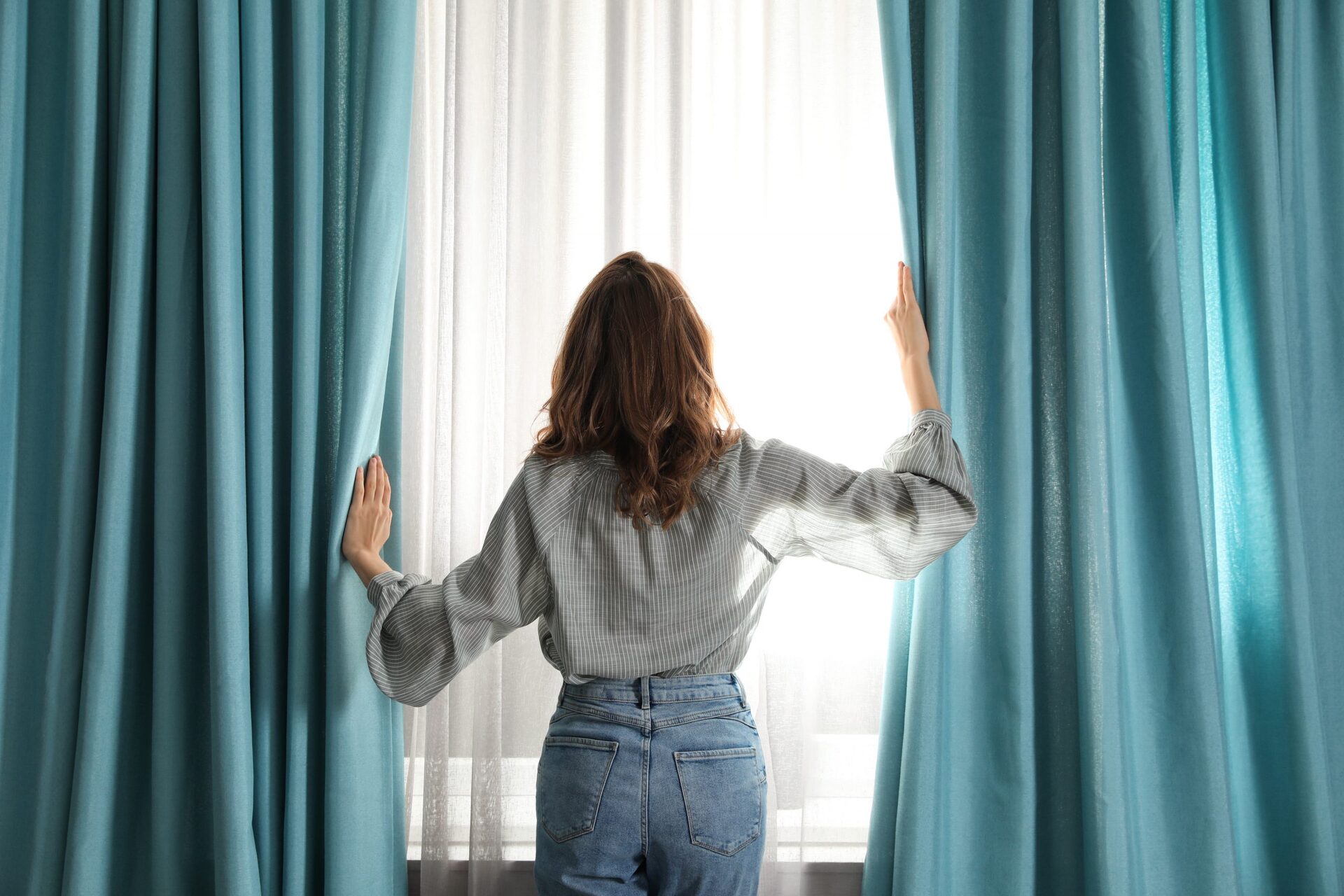

Articles
Should You Leave Your Curtains Open Or Closed When Away
Modified: October 20, 2024
Discover whether it's better to leave your curtains open or closed when you're away in this informative articles. Gain insights and tips for home security.
(Many of the links in this article redirect to a specific reviewed product. Your purchase of these products through affiliate links helps to generate commission for Storables.com, at no extra cost. Learn more)
Introduction
When you’re away from home, whether it’s for a short trip or an extended vacation, it’s important to consider the security and energy efficiency of your house. One aspect that often gets overlooked is the role that curtains can play in safeguarding your home and reducing energy consumption. Should you leave your curtains open or closed when you’re away? In this article, we will explore the importance of curtains when you’re not at home and discuss the factors to consider when deciding whether to open or close them.
Curtains serve multiple purposes beyond just adding style and privacy to your home. They can help regulate the amount of natural light entering a room, provide insulation against heat or cold, and act as a barrier against prying eyes. Therefore, paying attention to your curtains while you’re away can have a significant impact on your home’s security and energy efficiency.
Before making a decision about whether to leave your curtains open or closed when you’re away, it’s crucial to assess several factors. These include the location and visibility of your house, the length of time you’ll be away, the weather conditions, and any specific concerns you may have about security or energy use.
In the following sections, we will delve into the benefits of both closing and opening your curtains when you’re away, and provide some tips on how to maximize security and energy efficiency based on your choice. Let’s explore the advantages of each option and how they can impact your home’s wellbeing.
Key Takeaways:
- Closing curtains when away enhances security, maintains privacy, reduces energy consumption, protects belongings from sun damage, and deters break-ins. It creates a barrier that gives the impression of occupancy and safeguards your home.
- Leaving curtains open when away fosters neighbor interaction, showcases your home’s beauty, cares for indoor plants, and creates the appearance of occupancy. It allows natural light to brighten your home and deters potential burglars.
Read more: Do You Have To Leave Curtains When You Move
Importance of Curtains When Away
When you’re away from home, whether it’s for a weekend getaway, a business trip, or a long vacation, the security and well-being of your house is a top priority. Curtains are an often overlooked but essential element in ensuring the safety and privacy of your home while you’re away.
One of the main reasons why curtains are important when you’re not at home is their ability to deter potential burglars. Closed curtains give the impression that someone is inside, making your house a less attractive target. Burglars are more likely to target homes that appear unoccupied, so simply closing the curtains can create the illusion of occupancy and make your house less vulnerable to break-ins.
Furthermore, curtains provide an added layer of privacy, preventing outsiders from peering into your home and potentially gathering valuable information about your absence. Closed curtains can help conceal expensive belongings or valuable items, reducing the risk of theft or burglary.
Aside from security concerns, curtains also play a role in regulating the temperature and energy efficiency of your home. By closing your curtains during the day, especially on sunny windows, you can prevent excessive heat from entering your home, reducing the need for air conditioning and ultimately lowering your energy bills.
On the other hand, curtains can also be used to maximize natural light during the day when you’re away. Opening the curtains allows sunlight to filter in, creating a brighter and more inviting atmosphere in your home. This can give your house a lived-in appearance and deter potential intruders who may be observing the neighborhood for vacant properties.
Ultimately, the importance of curtains when you’re away lies in their ability to create the illusion of occupancy, protect your privacy, regulate temperature, and enhance energy efficiency. By strategically utilizing curtains, you can make your home less attractive to burglars and reduce energy consumption while you’re not there.
Factors to Consider When Deciding to Open or Close Curtains
When deciding whether to leave your curtains open or closed when you’re away, there are several important factors to consider. Each factor plays a role in determining the best course of action based on your specific situation and goals. Let’s explore these factors in more detail:
- Location and Visibility: The location of your house and the visibility from the street or neighboring properties are significant factors to consider. If your house is in a secluded area or not easily visible, leaving the curtains open may not pose a security risk. However, if your house is easily accessible or has large windows facing the street, closing the curtains can provide an extra layer of privacy and security.
- Duration of Absence: The length of time you’ll be away also influences your decision. For shorter trips, leaving the curtains open can create the illusion of occupancy and make your house less attractive to potential burglars. However, for longer absences, such as vacations or extended trips, closing the curtains can help maintain privacy and reduce the risk of break-ins.
- Weather Conditions: Take into account the weather conditions during your absence. If it’s extremely hot or sunny, closing the curtains can help prevent excessive heat from entering your home, reducing the need for air conditioning and saving energy. On the other hand, if it’s a cloudy or cooler period, leaving the curtains open can allow natural light to brighten up your home and create a more welcoming appearance.
- Specific Security Concerns: Consider any specific security concerns you may have about your property. If you’ve had previous break-ins or issues in your neighborhood, it might be wise to close the curtains to deter potential intruders. Additionally, if you have valuable possessions or expensive electronics that are visible from outside, closing the curtains can help keep them out of sight and reduce the risk of theft.
- Energy Efficiency Goals: If you have a strong focus on energy efficiency and reducing your carbon footprint, closing the curtains during the day can help regulate the temperature inside your home and minimize the need for air conditioning. However, if energy efficiency is not a significant concern or if you rely on natural light for other purposes, leaving the curtains open can make your home appear more lived-in and inviting.
Considering these factors can help you make an informed decision about whether to open or close your curtains when you’re away. It’s important to find the balance between security, privacy, energy efficiency, and personal preferences to ensure the well-being of your home.
Benefits of Closing Curtains When Away
When you’re away from home, one option is to close the curtains to enhance security and privacy. Closing the curtains offers several benefits that can help protect your home and belongings. Let’s explore the advantages of closing curtains when you’re away:
- Enhanced Security: Closing the curtains creates a barrier that prevents outsiders from easily looking into your home. This makes it more difficult for potential burglars or intruders to assess whether your house is occupied or not. By keeping prying eyes out, you reduce the risk of attracting unwanted attention and decrease the chances of a break-in.
- Maintained Privacy: Closing the curtains ensures that what happens inside your home remains private. It prevents strangers from seeing your personal belongings, furniture arrangement, and any valuable items you may have. This additional layer of privacy can help you feel more secure knowing that your house is shielded from potential intruders.
- Reduced Energy Consumption: Closed curtains block sunlight from entering your home, which in turn helps regulate the temperature. This can be particularly beneficial in hot climates or during the summer season when excessive heat can build up and make your home uncomfortable. By keeping the heat out, closing the curtains can reduce the need for air conditioning and ultimately lower your energy consumption.
- Protection from Sun Damage: By closing the curtains, you can protect your furniture, carpets, and other belongings from fading or being damaged by direct sunlight. Sunlight can cause colors to fade over time and weaken the materials in your home. Closing the curtains acts as a shield, preventing long-term damage and extending the lifespan of your furnishings.
- Discourages Break-ins: Closed curtains give the impression that someone is inside the house, creating the illusion of occupancy. This deters potential burglars who may be targeting vacant properties. The risk of a break-in decreases when a house appears lived-in, and closed curtains can help give that impression from the outside.
These benefits highlight the importance of closing curtains when you’re away. By taking this simple step, you can enhance the security and privacy of your home, reduce energy consumption, protect your belongings from sun damage, and make your house less appealing to potential intruders.
If you want to save energy and protect your furniture from sun damage, keep your curtains closed when away. This can also help deter potential intruders by making it harder for them to see inside.
Benefits of Leaving Curtains Open When Away
Leaving the curtains open when you’re away from home can also have its advantages. It creates a different ambiance and can help foster a sense of activity and liveliness in your house. Let’s explore the benefits of leaving curtains open when you’re away:
- Appearance of Occupancy: Open curtains allow natural light to filter into your home, creating the appearance that someone is inside. This can give the impression of activity and make your house appear occupied, even when it’s not. Potential burglars may be deterred from targeting your home if they believe someone is present, reducing the risk of a break-in.
- Neighbor Interaction: Leaving the curtains open enables your neighbors to have a better view of the inside of your home. They can keep an eye on any suspicious activities and notify you or the authorities if necessary. This sense of community vigilance can provide an additional layer of security and peace of mind.
- Natural Light: Open curtains allow natural light to brighten up your home, creating a more inviting and welcoming atmosphere. Natural light has numerous benefits, including boosting mood and well-being, reducing the need for artificial lighting, and making your space feel more spacious and cheerful.
- Plant Care: If you have indoor plants, leaving the curtains open ensures they receive enough natural light for growth and photosynthesis. This can help maintain their health and vitality, especially if you’re away for an extended period. Consider grouping plants near windows that receive adequate sunlight to benefit from this natural light source.
- Showcasing Your Home: Open curtains can showcase your home’s interior design, decor, and architecture to passersby. This can be particularly advantageous if you take pride in your house and want to display its beauty to the community. It also creates a more vibrant and inviting streetscape.
These benefits highlight the advantages of leaving curtains open when you’re away. By allowing natural light to fill your home and creating the appearance of occupancy, you can enhance security, foster neighbor interaction, enjoy the benefits of natural light, care for your indoor plants, and showcase your home’s beauty.
Read more: Do You Leave A Shower Curtain When Moving
Tips for Maximizing Security When Opening Curtains
If you decide to leave your curtains open when you’re away to create the illusion of occupancy, it’s important to take additional measures to maximize security. Here are some tips to help ensure the safety of your home:
- Use Timers for Lights: Install timers for your indoor lights to create the impression that someone is home. Program the timers to turn on and off at different times throughout the day to mimic the natural patterns of lighting in an occupied house. This can help deter potential burglars who may be observing the neighborhood.
- Notify Trusted Neighbors: Inform trusted neighbors or friends that you’ll be away and ask them to keep an eye on your property. Provide them with your contact information and ask them to report any suspicious activity. Their presence and vigilance can serve as an additional security measure.
- Smart Home Security System: Consider installing a smart home security system that allows you to remotely monitor your property. With features such as video surveillance, motion sensors, and mobile alerts, you can keep tabs on your home even when you’re away. Some systems even enable you to control lighting and curtains remotely.
- Secure Doors and Windows: Prioritize the security of your doors and windows. Make sure all entry points are locked securely before leaving. Consider installing deadbolts, reinforce weak points, and use security bars or locks on windows to prevent unauthorized access.
- Keep Valuables Out of Sight: While open curtains can create the appearance of activity, it’s still essential to keep valuable items out of sight. Ensure that expensive electronics, jewelry, and other valuable possessions are not visible from outside. Consider using curtains or blinds on windows where valuable items are located to keep them concealed.
- Regularly Check Mail and Packages: Arrange for someone to collect your mail and any packages to avoid a build-up that could indicate an unoccupied home. An overflowing mailbox or a pile of packages is a clear sign that no one is around. Alternatively, you can request a mail hold or redirection from the postal service.
By following these tips, you can enhance the security of your home while still enjoying the benefits of open curtains when you’re away. Remember to combine these measures with common-sense safety practices to ensure the well-being of your property.
Tips for Maximizing Energy Efficiency When Closing Curtains
If you choose to close your curtains when you’re away to improve energy efficiency, there are several tips you can follow to optimize energy savings. Here are some tips for maximizing energy efficiency when closing curtains:
- Time Your Curtain Closing: Determine the times of the day when the sun’s rays are most intense and when the temperature inside your home tends to rise. Close the curtains during these periods to block out the heat and prevent it from entering your home. This can help reduce the workload on your air conditioning system and save energy.
- Utilize Thermal Curtains: Invest in thermal curtains or blackout curtains, which are designed to provide insulation and reduce heat transfer. These curtains have a thermal backing that helps regulate the temperature by blocking out both heat and cold. By using thermal curtains, you can minimize heat gain during hot weather and heat loss during colder months, reducing your reliance on heating or cooling systems.
- Seal Gaps and Cracks: Ensure that your windows are properly sealed to prevent drafts. Use weatherstripping or caulk to seal any gaps or cracks around the windows, as air leakage can lead to energy loss. Proper insulation helps maintain a consistent indoor temperature, allowing your home to stay cooler during the summer and warmer during the winter.
- Consider Window Film: Window film can be applied to your windows to reduce heat gain from sunlight. These films can block a significant amount of solar heat while still allowing natural light to enter your home. Window films are available in various shades and reflectivity levels to suit your preferences and energy-saving goals.
- Adjust Blinds or Shades: If you have blinds or shades in addition to curtains, adjust them to maximize energy efficiency. Close them completely during the hottest parts of the day to block direct sunlight, and open them partially or fully during cooler times to allow natural light in. This way, you can strike a balance between energy efficiency and utilizing natural daylight.
- Use Fans and Ventilation: If the weather allows, use fans or natural ventilation methods to cool your home. Instead of relying solely on air conditioning, strategically place fans near windows to draw in cooler air during the evenings. This can help reduce the need for constant air conditioning and save energy.
By implementing these tips, you can minimize energy consumption and maximize energy efficiency when closing your curtains. This not only helps reduce your carbon footprint but also results in cost savings on your energy bills. Take control of your home’s energy usage by making conscious choices and optimizing curtain usage.
Conclusion
When it comes to deciding whether to leave your curtains open or closed when you’re away from home, there is no one-size-fits-all answer. It ultimately depends on various factors such as the location and visibility of your house, the duration of your absence, the weather conditions, and your specific security and energy efficiency goals.
Closing the curtains offers the benefits of enhanced security, maintained privacy, reduced energy consumption, protection from sun damage, and deterrence of break-ins. It creates a barrier that prevents outsiders from looking into your home, gives the impression of occupancy, and safeguards your privacy. Additionally, closed curtains block sunlight, regulating the temperature and reducing the need for air conditioning.
On the other hand, leaving the curtains open provides the advantages of creating the appearance of occupancy, fostering neighbor interaction, allowing natural light to brighten up your home, caring for indoor plants, and showcasing the beauty of your space. Open curtains give the impression that someone is home and can deter potential burglars. They also enable your neighbors to keep an eye on your property and contribute to community security.
Regardless of your choice, there are additional tips to consider for maximizing security and energy efficiency. When opening curtains, use timers for lights, notify trusted neighbors, install a smart home security system, secure doors and windows, and keep valuable items out of sight. When closing curtains, time your curtain closing, utilize thermal curtains, seal gaps and cracks, consider window film, adjust blinds or shades, and use fans and natural ventilation methods.
In the end, striking a balance between security, privacy, and energy efficiency is crucial. Assess your specific situation, consider the factors that impact your decision, and implement the strategies that align with your goals. By making informed choices about your curtains, you can enhance the safety and comfort of your home while minimizing energy consumption.
Remember, whether it’s closing curtains to protect your home or leaving them open to create a lived-in appearance, the goal is to ensure the well-being of your house and enjoy peace of mind while you’re away.
Curious about keeping your home safe while you're not around? Our discussion on curtains is just the tip of the iceberg. Delve deeper into securing your living space with our detailed guide on why securing your home is vital. For those who love integrating technology with everyday life, don't miss out on our comprehensive review of best smart home systems for 2024. Both articles are packed with actionable tips and crucial info to help you make informed decisions about your home’s safety and efficiency.
Frequently Asked Questions about Should You Leave Your Curtains Open Or Closed When Away
Was this page helpful?
At Storables.com, we guarantee accurate and reliable information. Our content, validated by Expert Board Contributors, is crafted following stringent Editorial Policies. We're committed to providing you with well-researched, expert-backed insights for all your informational needs.
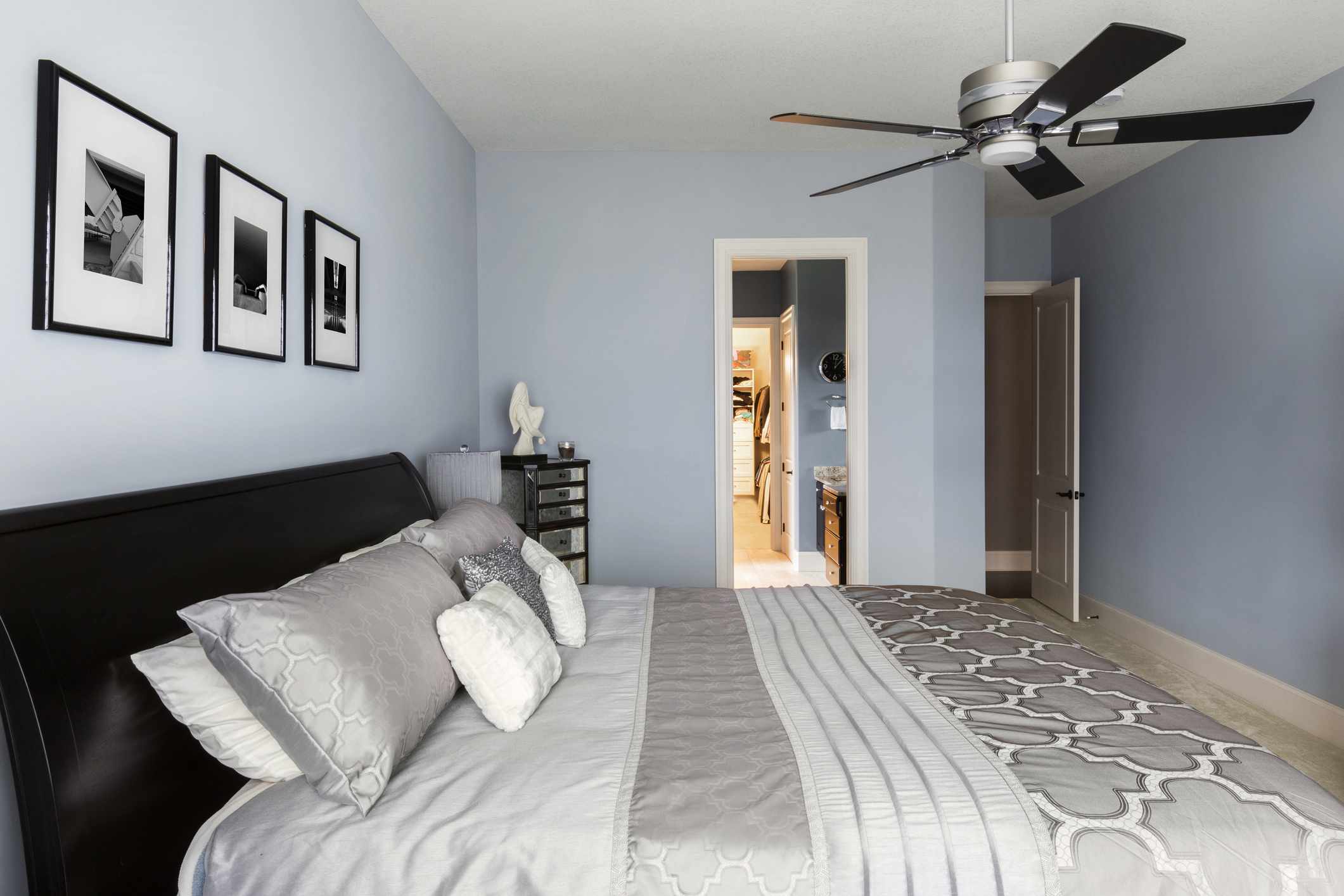
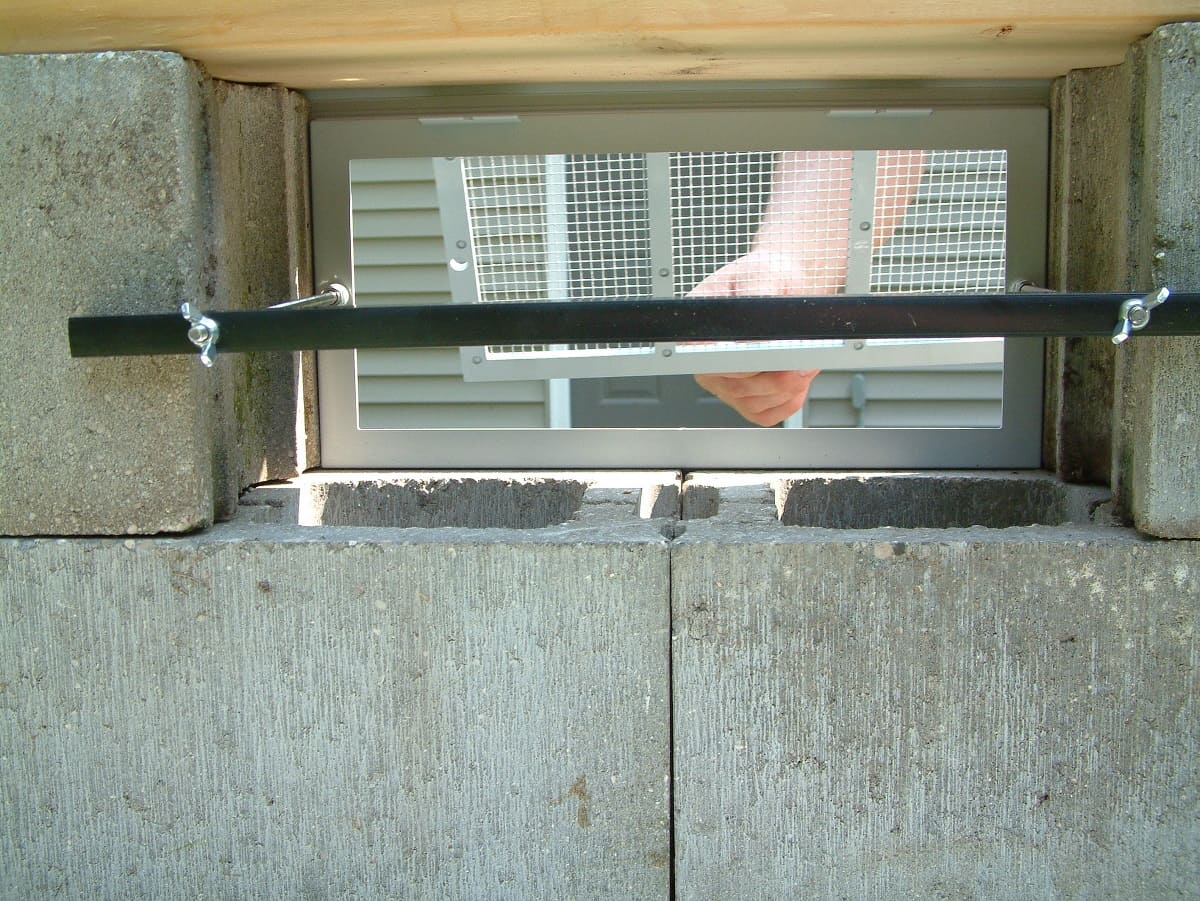
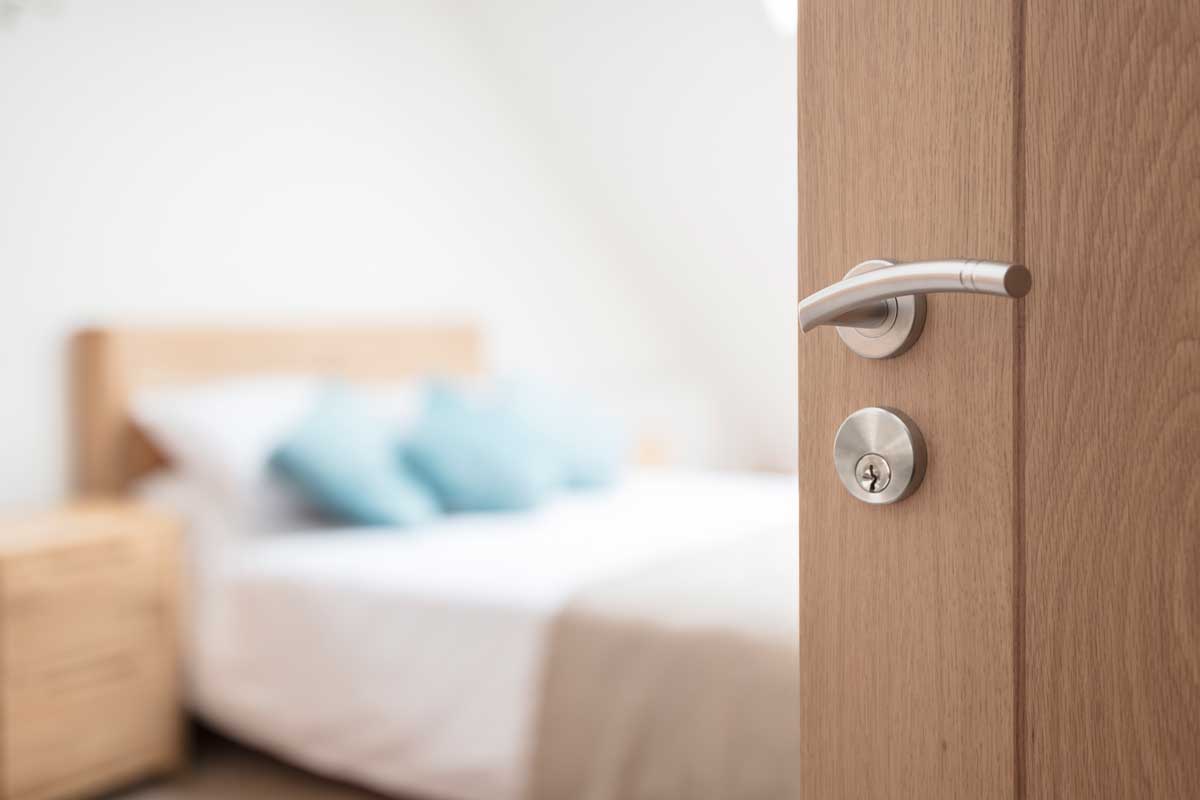
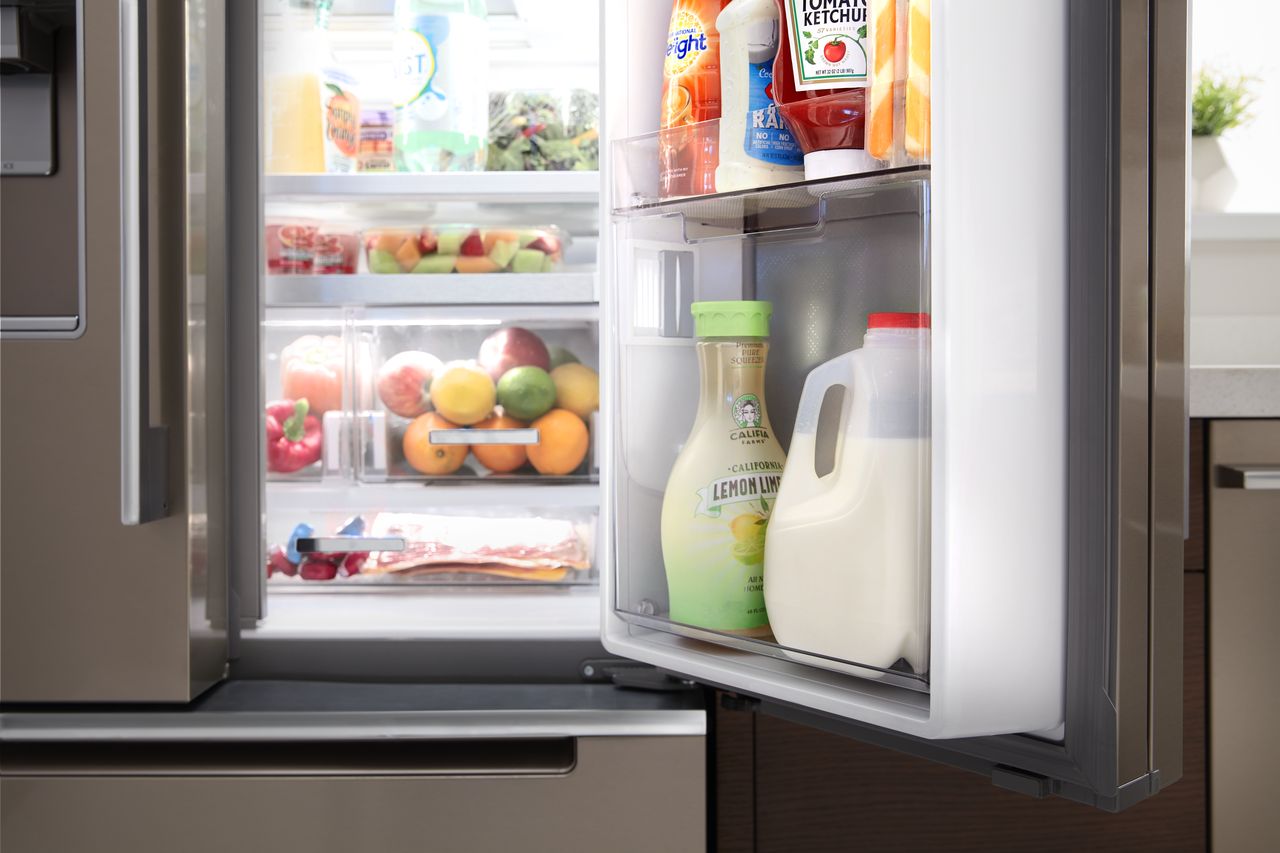
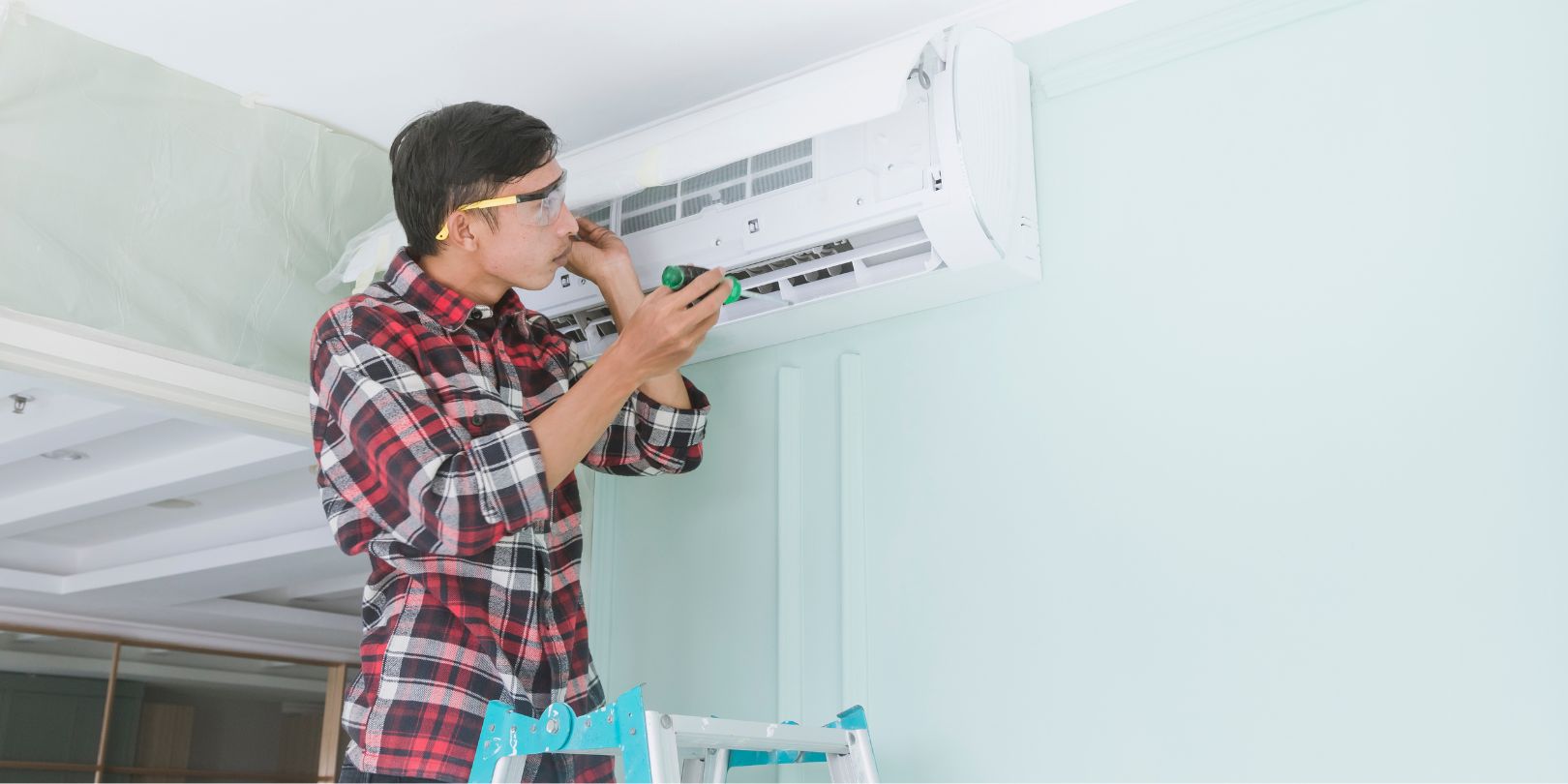

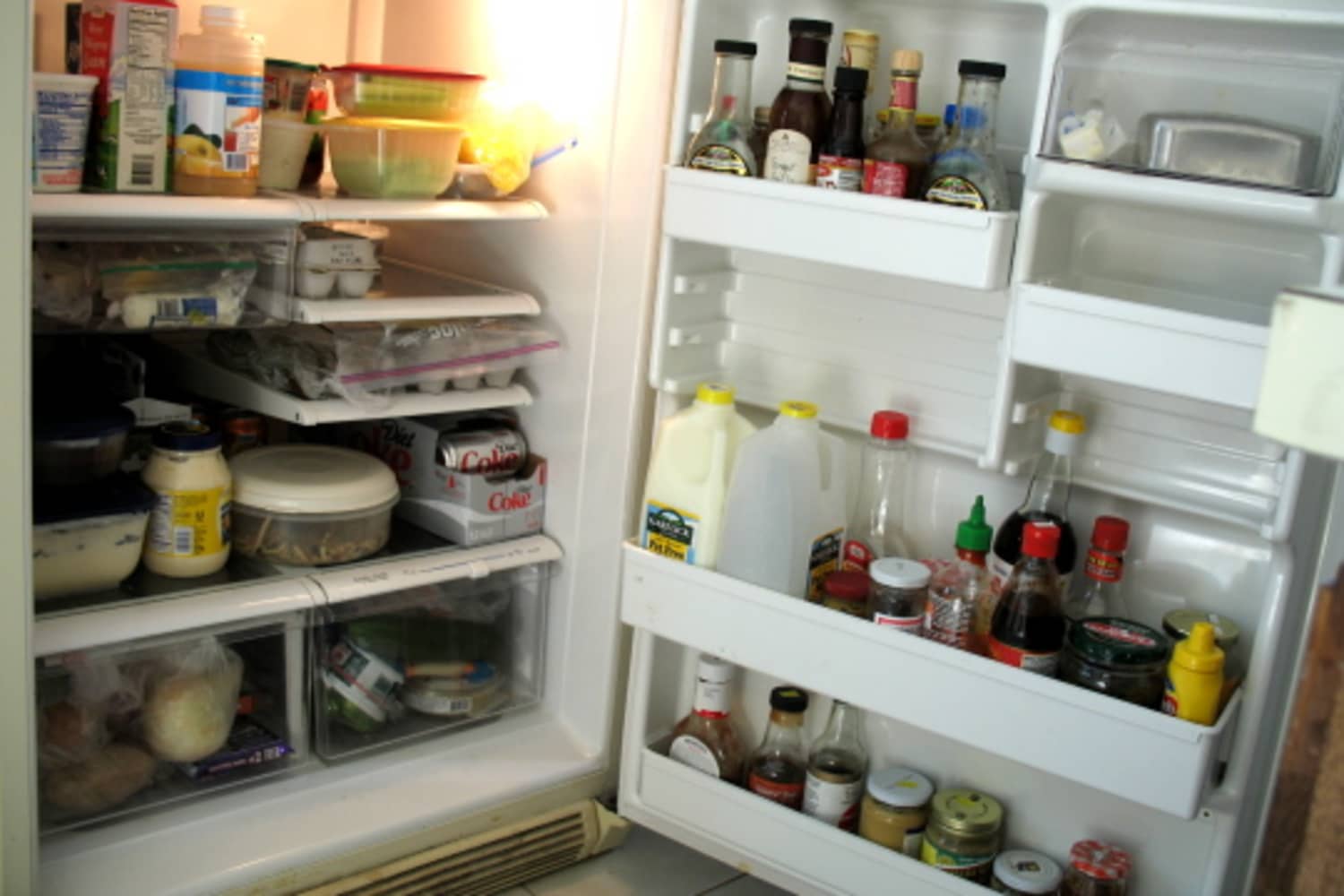
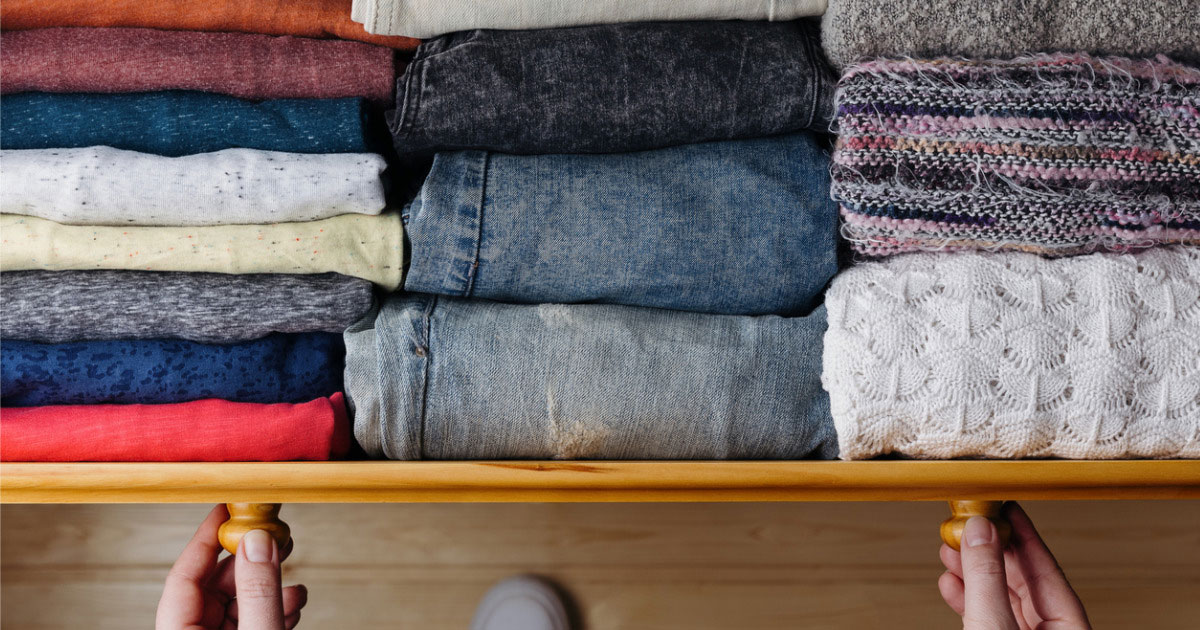
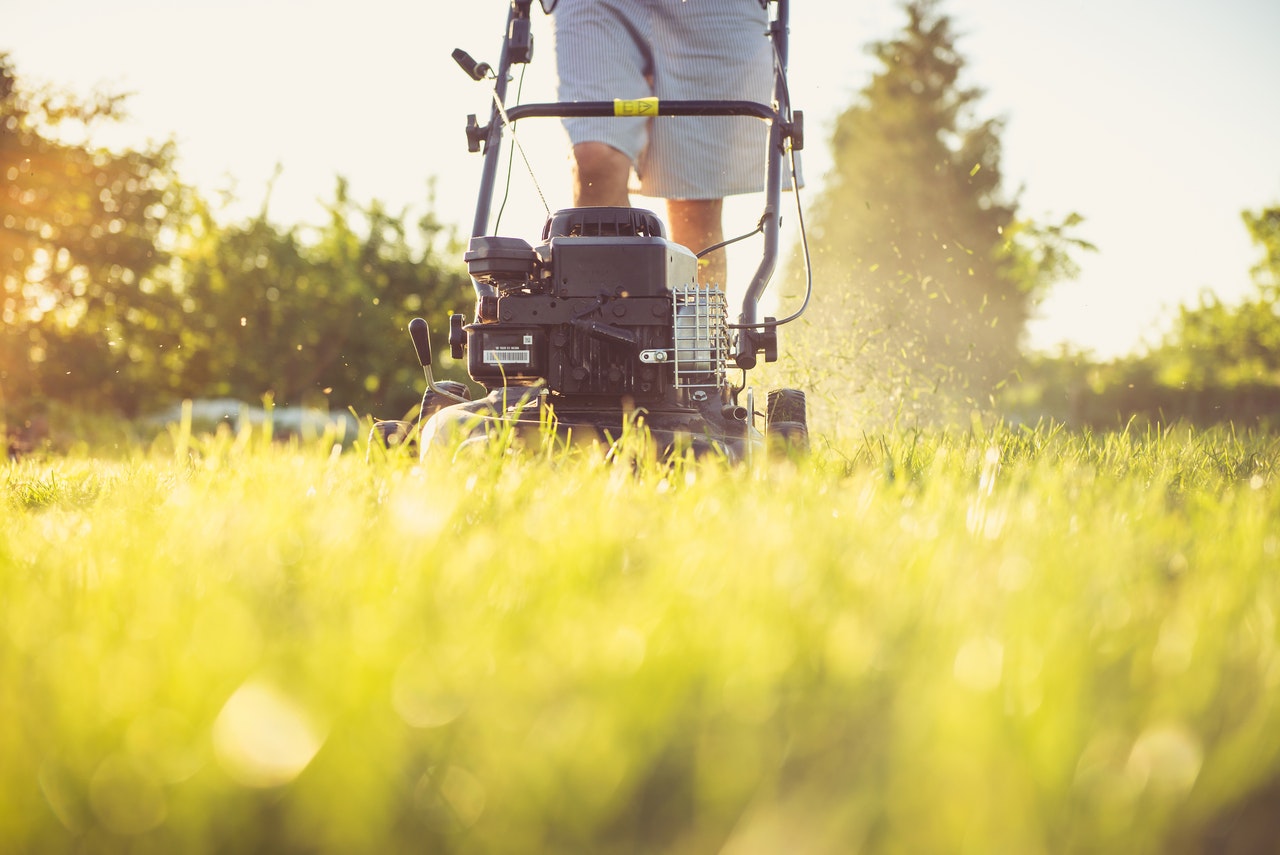
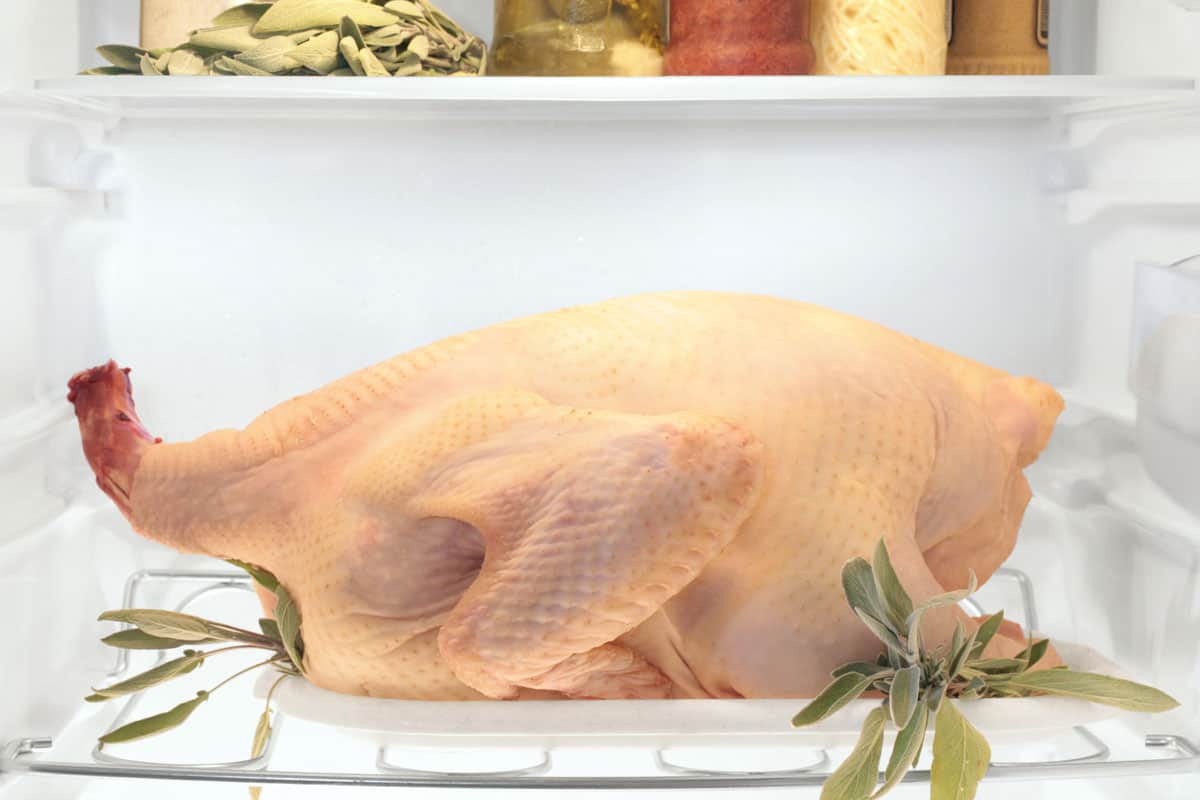


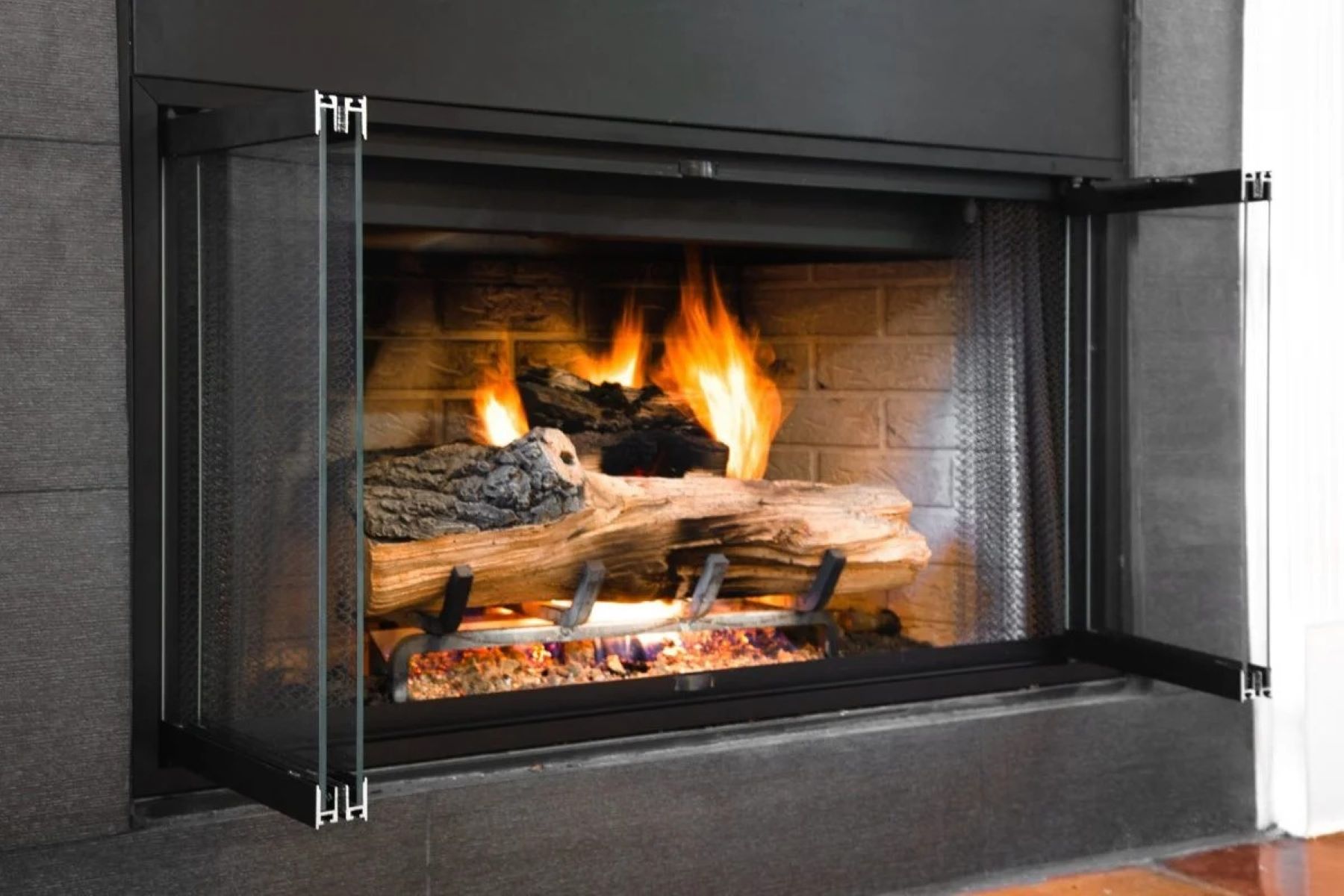
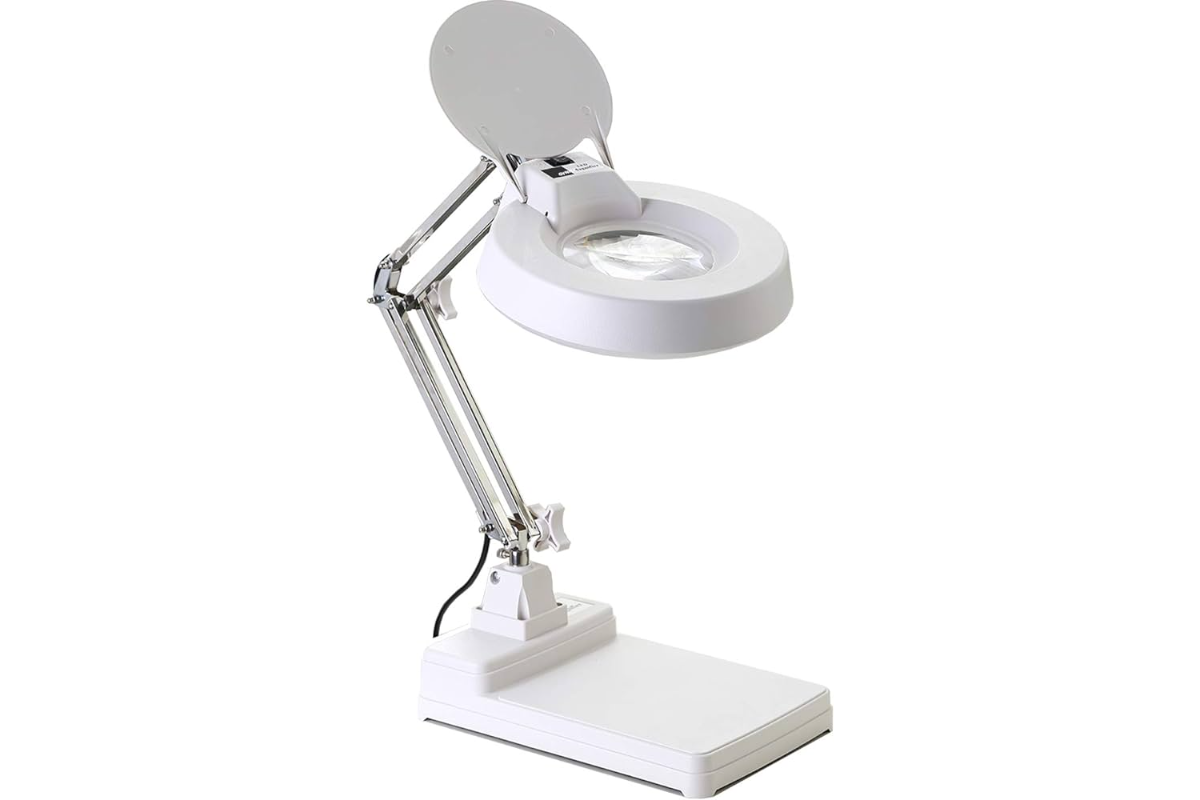

0 thoughts on “Should You Leave Your Curtains Open Or Closed When Away”